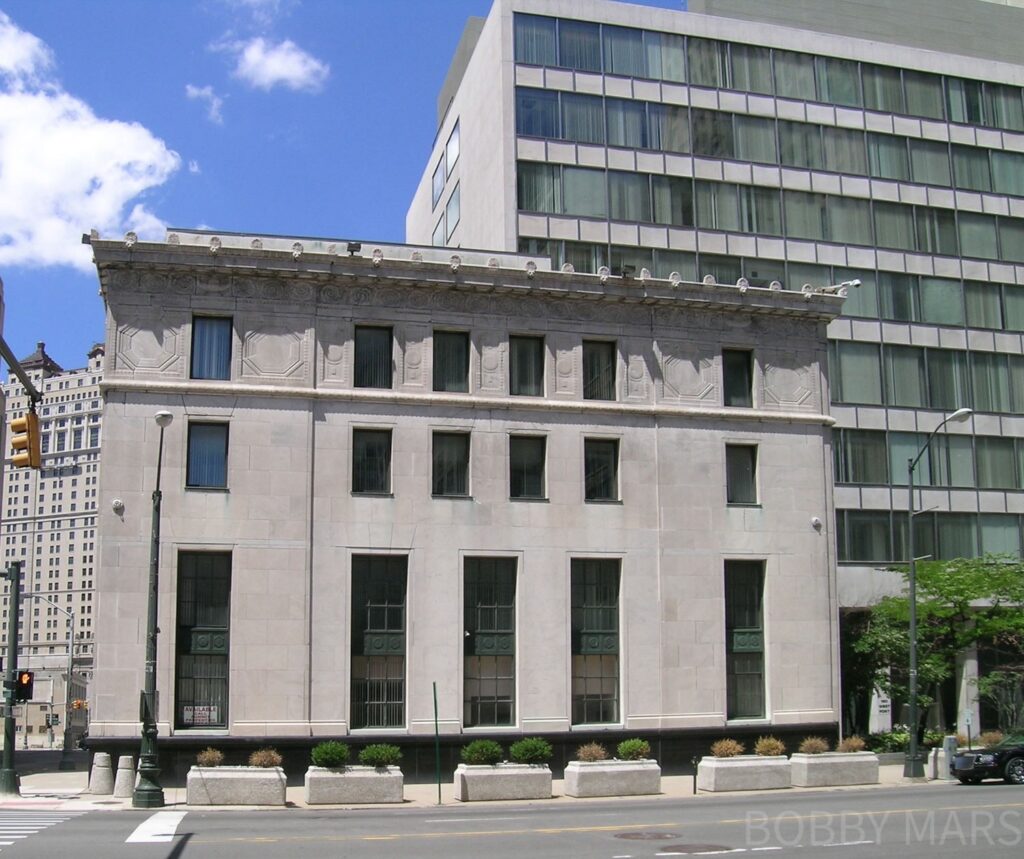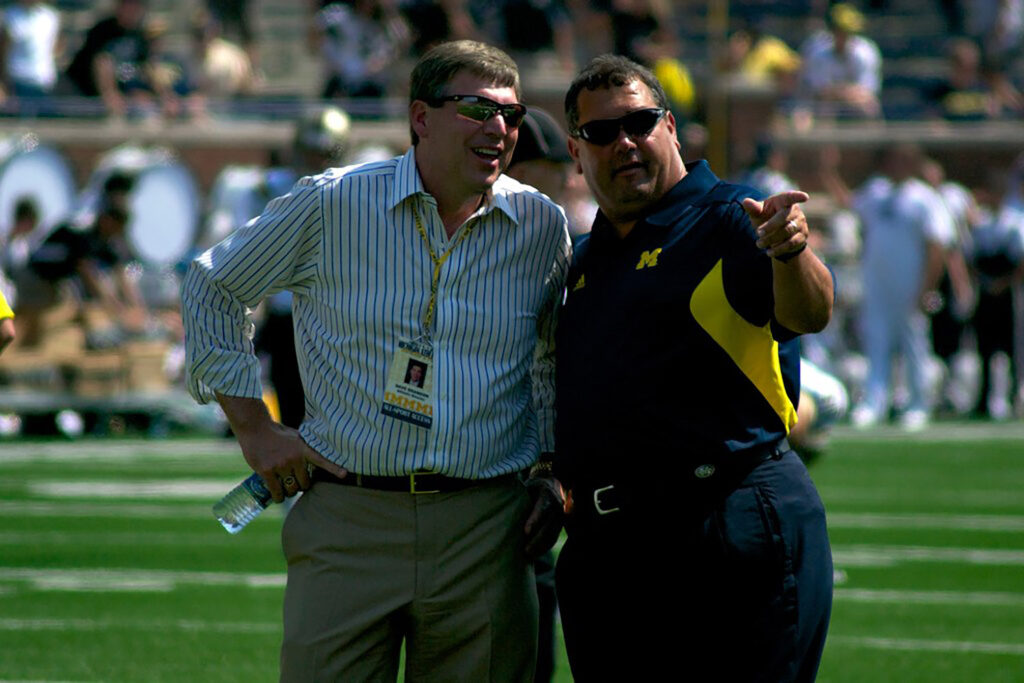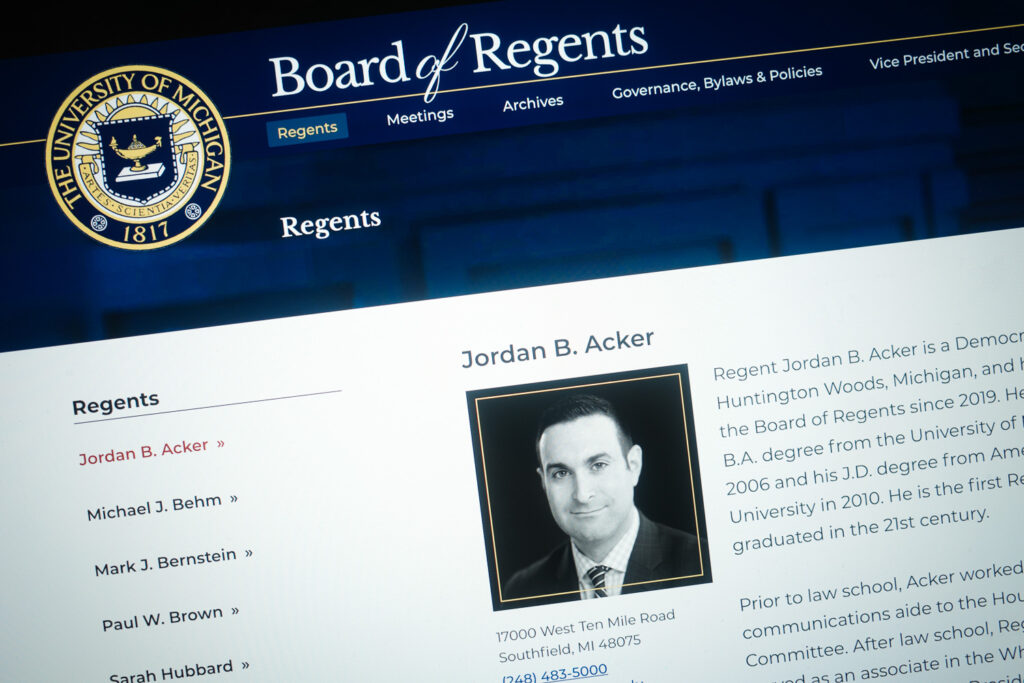The Detroit News and The Detroit Free Press have been evicted from their offices atop the Dan Gilbert-owned Federal Reserve Building in the heart of downtown.
The mortgage mogul has decided not to renew the papers’ leases, after first agreeing to renew them. People inside Bedrock—Gilbert’s real estate arm—tell me they have no idea why the boss decided to swat the newspapers from their sparrow rookery. Reporters know little more.
How does it come to this? Ink-stained wretches with a combined 344 years of publishing will suddenly find themselves homeless at the beginning of the year, wandering around town like a Roma caravan in wartime.
An executive at Gannett, the publisher of the Free Press, put a cheery euphemism on things: Mobile Journalism.
The newspapers are mobile, all right. Since semi-merging through a joint operating agreement after their disastrous strike in the 1980s, Detroit’s two major dailies have been living the American Dream. That is: They built themselves large homes, only to subsequently move into smaller and smaller homes. As earnings eroded, assets were sold off to keep the children fed. This summer, the Free Press moved from the 2nd floor of the Gilbert building into a smaller space on the 8th floor. And now they’ve been kicked to the curb.
What’s more, the decades-old operating agreement is set to expire next year. It is unclear if the newspapers will mutually renew it.
Then there’s the journalism of the thing. And that is where their problems truly lay. First, it was the strike. Then came the advent of the internet and the disastrous decision by management to post their work product online for free. Google and social media soon cannibalized their advertisers. So, in order to maintain shrinking silos of subscribers, the decision was made to pander. Both newsrooms now careen to the Left, leaving what’s left of their readership recklessly misinformed.
To be clear, there is a cadre of extraordinary reporters and editors still working at the papers. But they are too few in number to save the enterprises. This group of gumshoes are true reporters, the kind who drink in public with the public, hold the powerful to account, and trouble the public conscience. I often ask them what they’re still doing in town. They should’ve sent their resumes to the Wall Street Journal long ago.
The remainder of the newsrooms are staffed by the new sort who consider themselves “non-fiction writers” and “video journalists.” They are like the Puerto Rican crooner at a Russian nightclub who calls himself a Moorish-American. They are over-exaggerated and self-important water carriers of the establishment; the type who drink in private with the public officials. They serve the high rather than hoi polloi.
Except for the sports pages and the opinion columns, there is little to read in the thinning papers nowadays. Political scandals are reported years after the perpetrators have left office. Those who bristled at the Covid lockdowns were mocked as conspiracy theorists. These reporters provided sanctuary to state authorities after it came to light that they covered up nursing home deaths. They posture as public relations officers for politicians who sign non-disclosure agreements and secret severance packages. The list goes on.
Meanwhile, the lives of ordinary people go ignored. Last week, Stellantis laid off 2,500 auto workers at its Warren Truck facility. Lots of outlets wrote about the initial announcement back in August, but the only news site to report on the actual event was the World Socialist Web Site. This, despite the fact that we are in an election year and more than a million people in Michigan work in the auto industry.
There are two rules to journalism. The first: Get it right. The second: Don’t be boring. If you forget those, you’ll find yourself homeless.
I for one will continue to walk to the gas station to purchase the broadsheets ($3.49 a copy). Sometimes there’s good work in there. But the main reason is because it gets cold in Michigan, and I need something to help light a fire.
Charlie LeDuff is a reporter educated in public schools.



